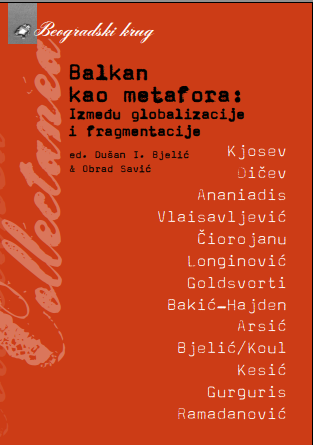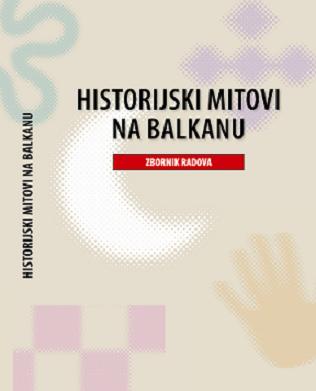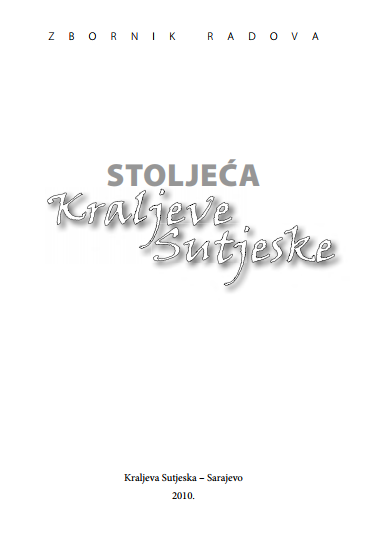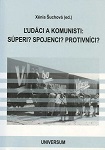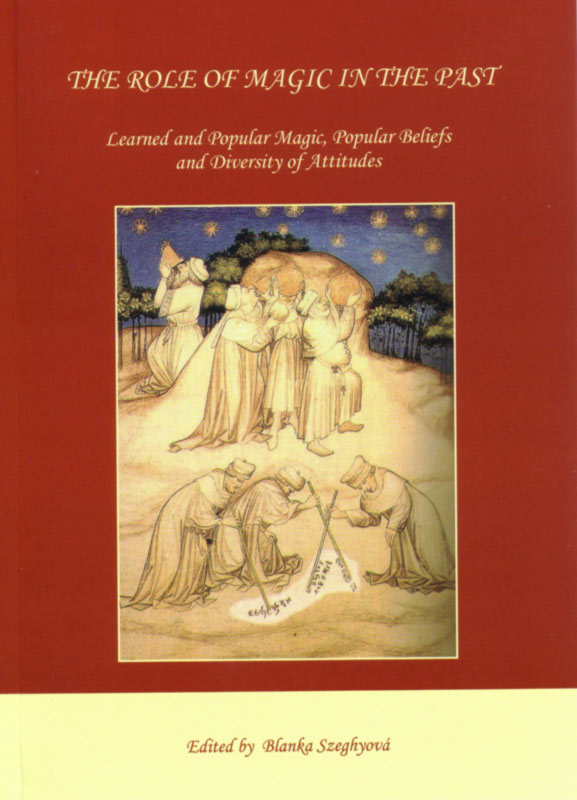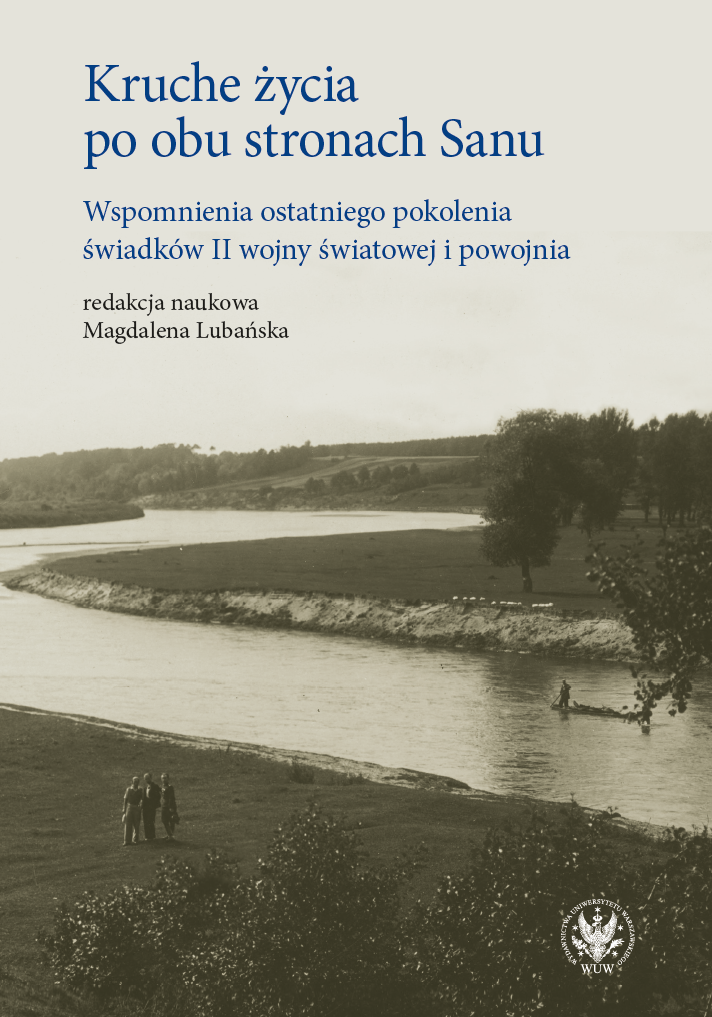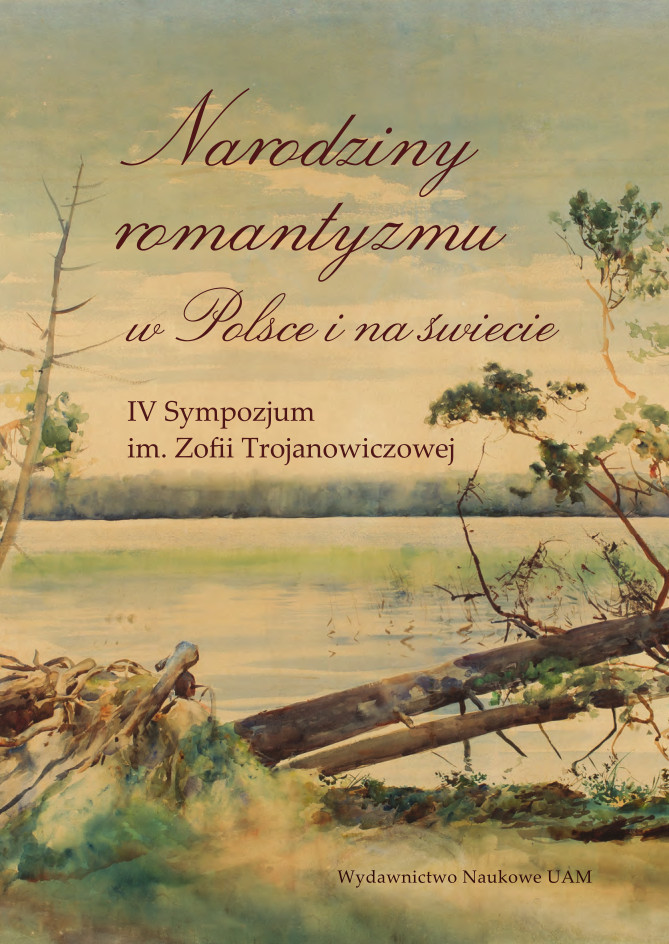Author(s): Zuzanna Newbery / Language(s): Polish
Publication Year: 0
The text focuses on the childhood aspect of the memories of people who grew up during World War II and the postwar period in Subcarpathian villages. Already during my first interviews with the oldest inhabitants of Subcarpathia, it was impossible to ignore the fact that, for most of the interviewees, recollections of the war were childhood memories. The specific perspective of these witnesses, marked by the memory of a child, was for a long time ignored, and the leading voices in the narrative about the war were the elders who had participated in wartime events as adults. Undoubtedly, however, reminiscences of a childhood in the shadow of an armed conflict still linger in the minds of people living in the villages of the Subcarpathian region, and their generation is now the only one able to recount that period from their own experience. The last witnesses are passing away, so listening to them, recording their recollections and analysing these particular narratives are matters of ‘urgent anthropology’. The topic of childhood memory is therefore particularly important and evokes a number of cognitively interesting issues. The article explores how interviewees remember and evaluate their childhood experiences. It discusses the issue of childhood witnessing, focusing on the memories of individuals who, as children, witnessed difficult events such as violence and murders. On the basis of ethnographic interviews conducted in the areas of Manasterz, Nielepkowice, Zapałów, Surmaczówka, Czerc, Dobra and Pełkiń, the text analyses the statements of witnesses, the content appearing in their narratives and the bodily practices accompanying them. It reflects on the categories that fit the description of a child witness and discusses the phenomenon of ‘upbringing to silence’, which seems to be a characteristic strategy of upbringing applied during the war and the post-war period in the villages of the Subcarpathian region.
More...
